
News writer
Earlier this month, Mega Millions underwent huge changes. Now, insights are trickling in regarding the effects of the alterations on states and local communities.
Effective April 8, Mega Millions increased its base ticket price from $2 to $5. Starting jackpots are up from $20 and are now $50 million. The game also removed one gold "Mega Ball" from the draw, slightly improving the odds of winning any prize from 1 in 24 to 1 in 23 and the odds of winning the jackpot from 1 in 302.6 million to 1 in 290.5 million. A random multiplier is added for no additional cost, whereas it used to cost $1.
So, how have these changes affected the lottery landscape?
It's early to draw sweeping conclusions about the impact, but some state commissions and retailers are witnessing immediate trends.
Fewer tickets sold, skyrocketing state revenue
Within a week of the changes, Massachusetts reported a 30% decrease in ticket sales after the changes were enacted, even though the jackpot was higher than it was before. However, revenue increased by 71%, indicating that fewer patrons may be interested in Mega Millions, but higher ticket prices are compensating and then some.
The California Lottery told Lottery USA that revenue has increased by 24%, even though the number of ticket sales is down. Harjinder Shergill Chima, Director of the California Lottery, explained:
The changes to Mega Millions are delivering for all of California. It's delivering more for our players, and it's raising more for California public schools. This is what we anticipated, and so far, the results are exciting, satisfying, and point to a bright future.
Michigan is equally optimistic. Jake Harris, spokesperson and strategic communications leader for Michigan Lottery, told Lottery USA that players were initially cautious about the new ticket price, but the returns are winning out. On April 11, a Michigan woman won $3 million, up from $1 million, thanks to the free multiplier. This may have helped shape public perception.
Harris said:
Perhaps fewer tickets are being sold, but sales numbers look pretty good. The overall reaction is positive. Initially, people were focused on that price increase, which isn't surprising. But they're shifting to the value that it's bringing to people with better odds, bigger starting jackpots, and the built-in multiplier.
Demographic overhaul
The changes are likely shifting the demographics of Mega Millions players. Harris stated:
Retailers will see traffic increases as the jackpot goes up. They may see more people who only play when the jackpot hits a certain threshold.
No one is seeing the demographic shift more clearly than retailers like Jignesh Patel, manager of Pronto Lotto in Queens, New York City. Pronto Lotto has sold nearly 200 winning lottery tickets - but he doesn't think he'll see any Mega Millions winners in his store anytime soon. Patel told Lottery USA:
In the area that I'm in, people can't afford $5. Instead, they're buying Powerball or Cash4Life, even though Mega Millions includes the multiplier. People think it's way too much to spend on a ticket. I haven't seen any winners at all. The lowest they can win is $10, and I haven't seen one yet.
While some states are saying it's too early to discuss the impact of Mega Millions gameplay changes, it's clear they will be financially and socially significant.
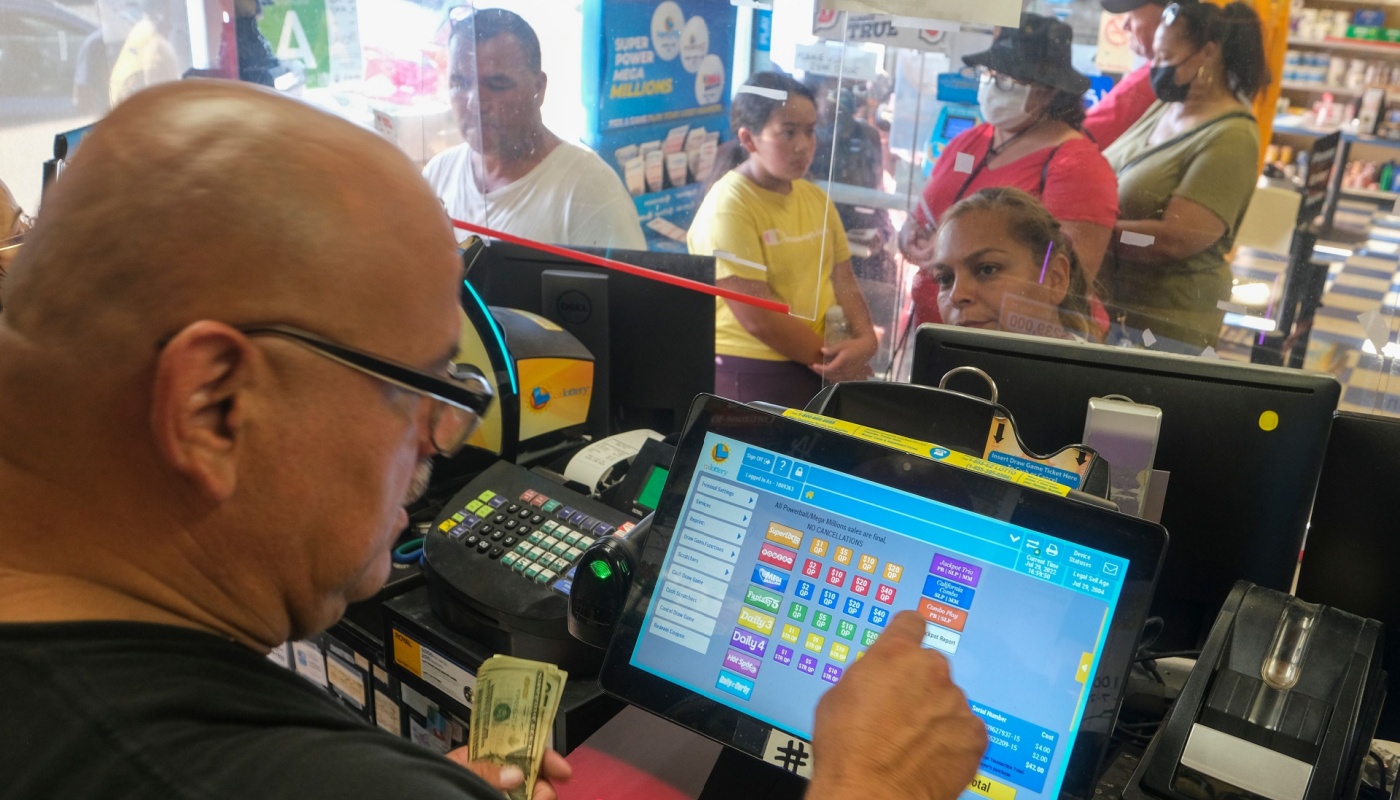
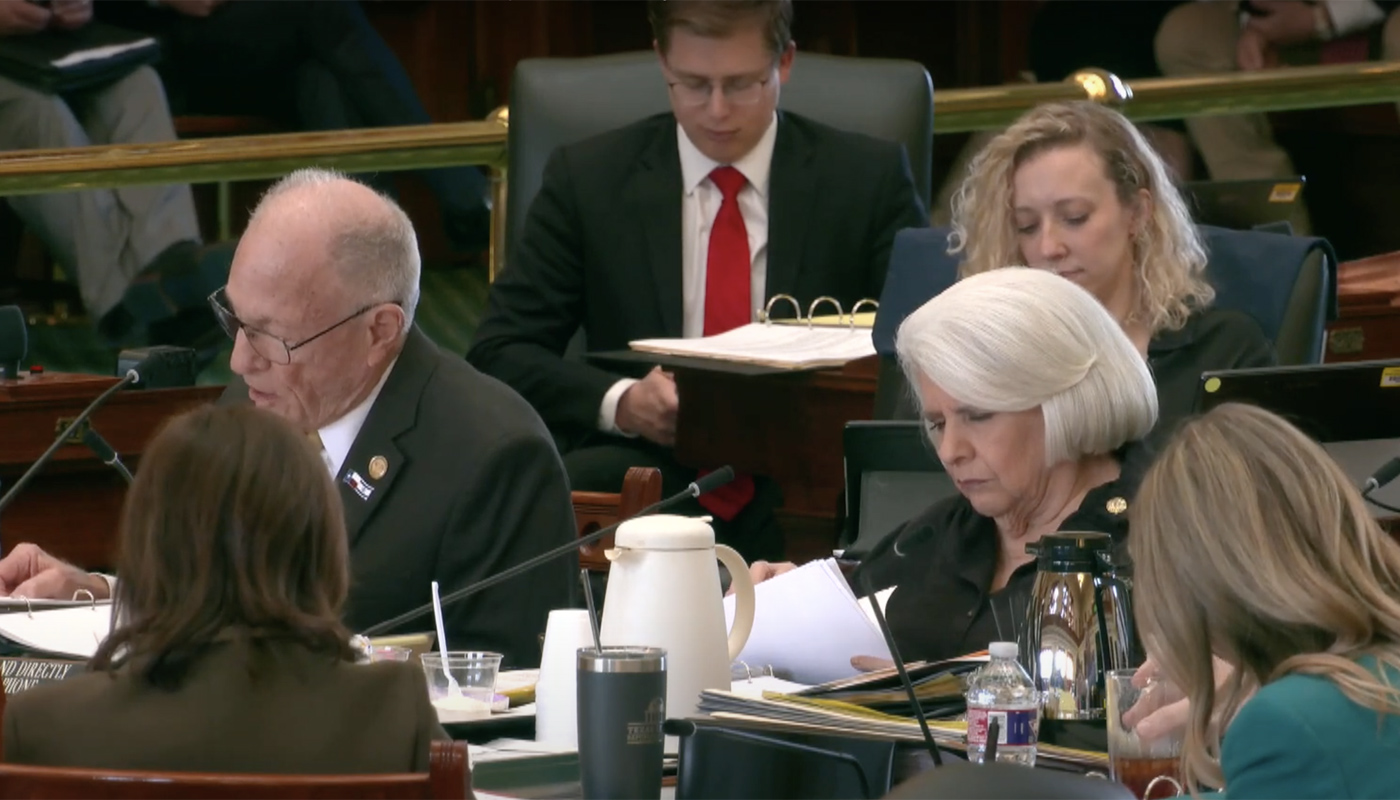

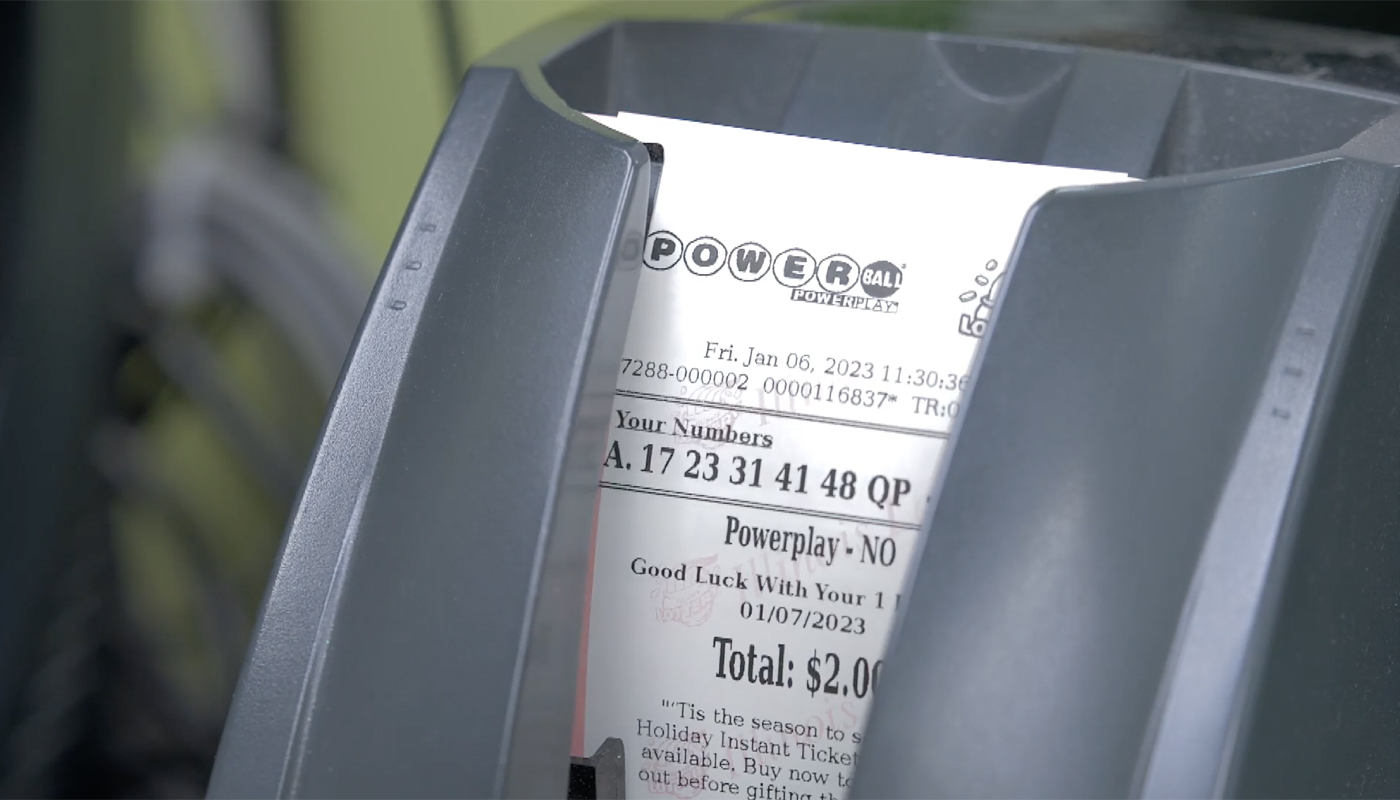


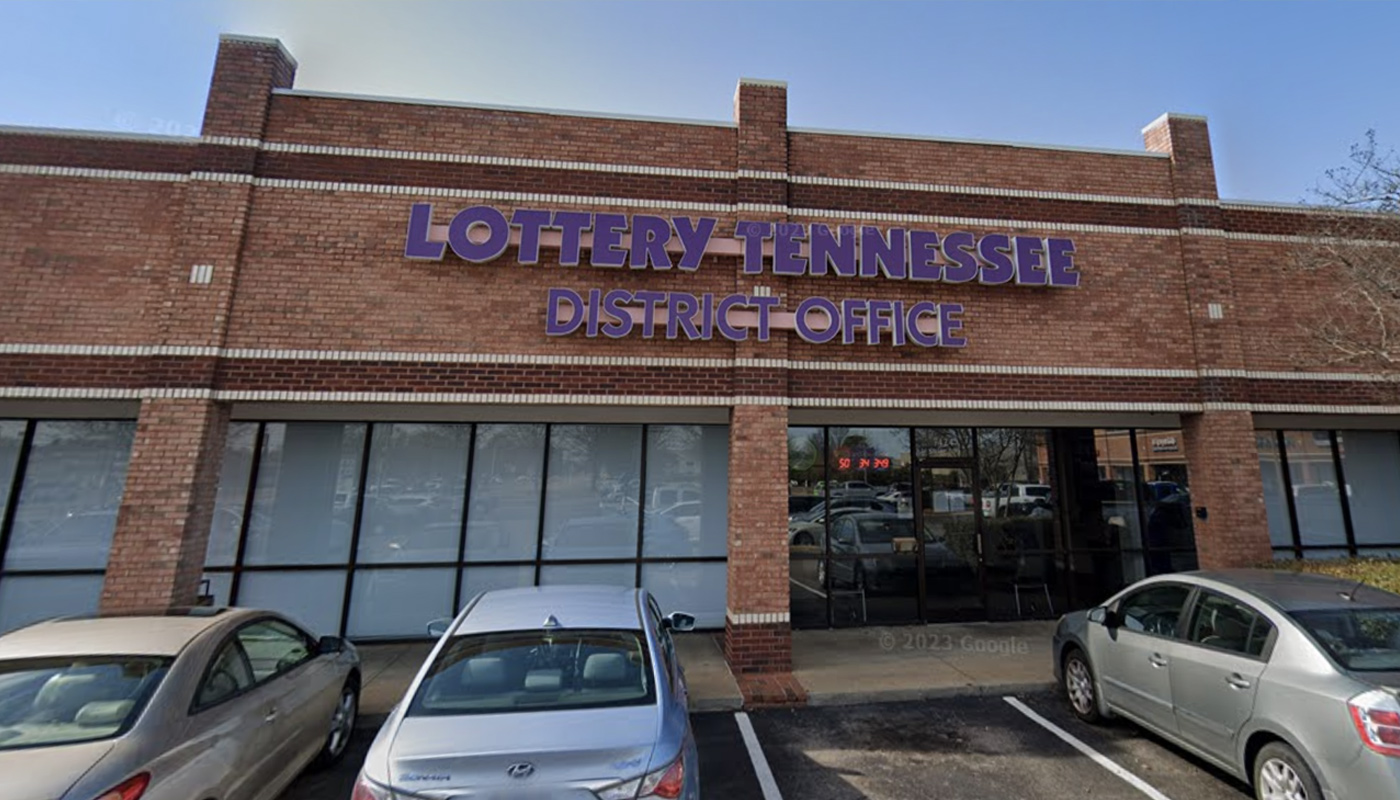
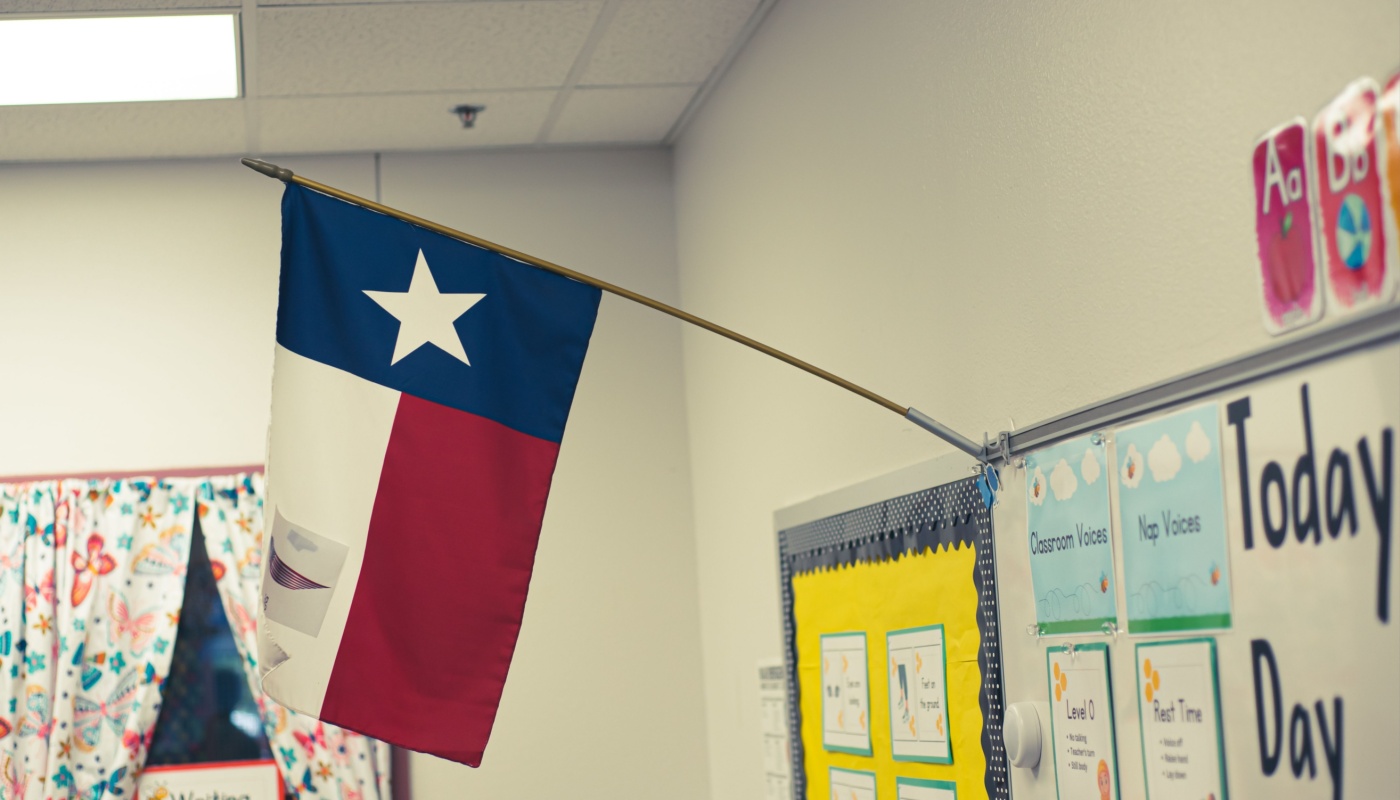
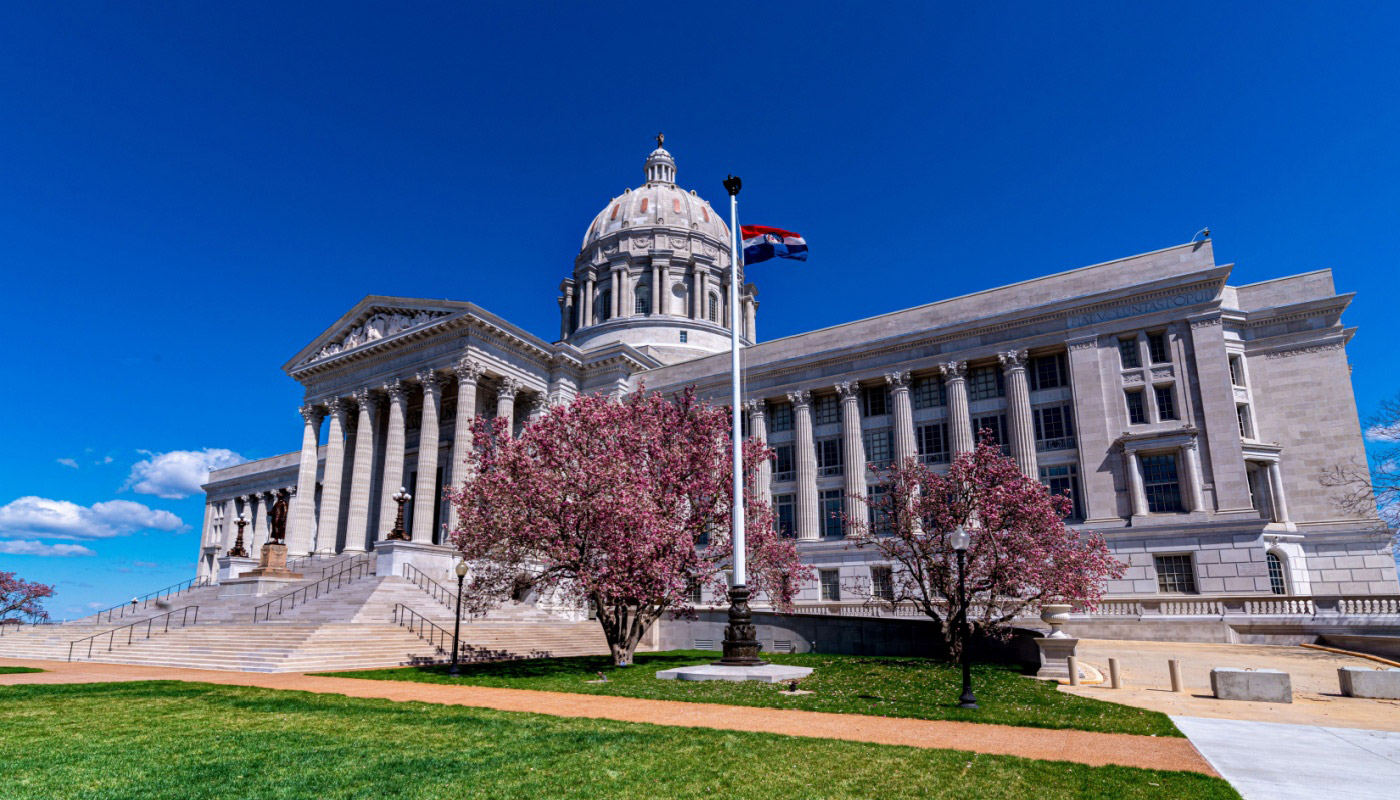









Comments